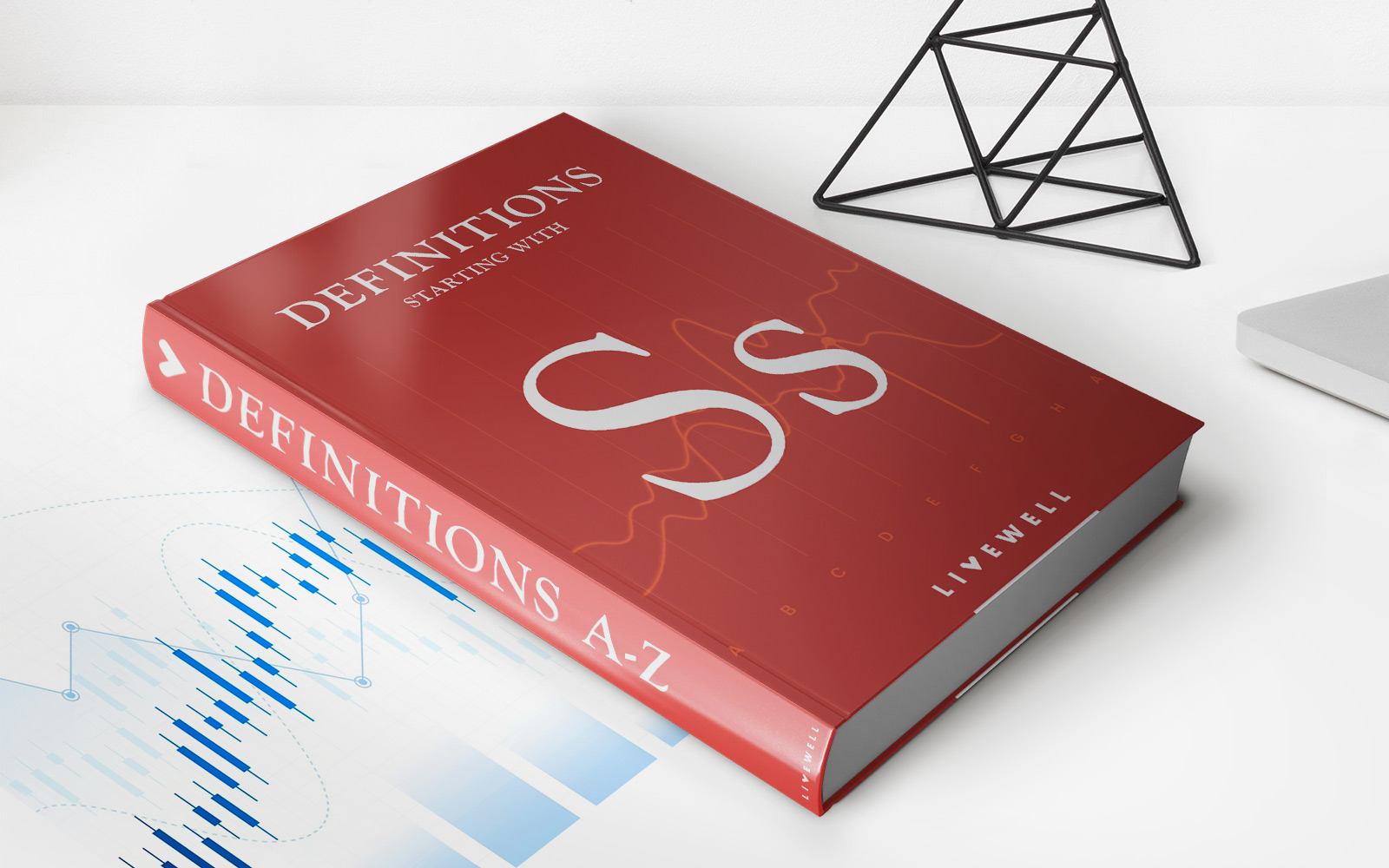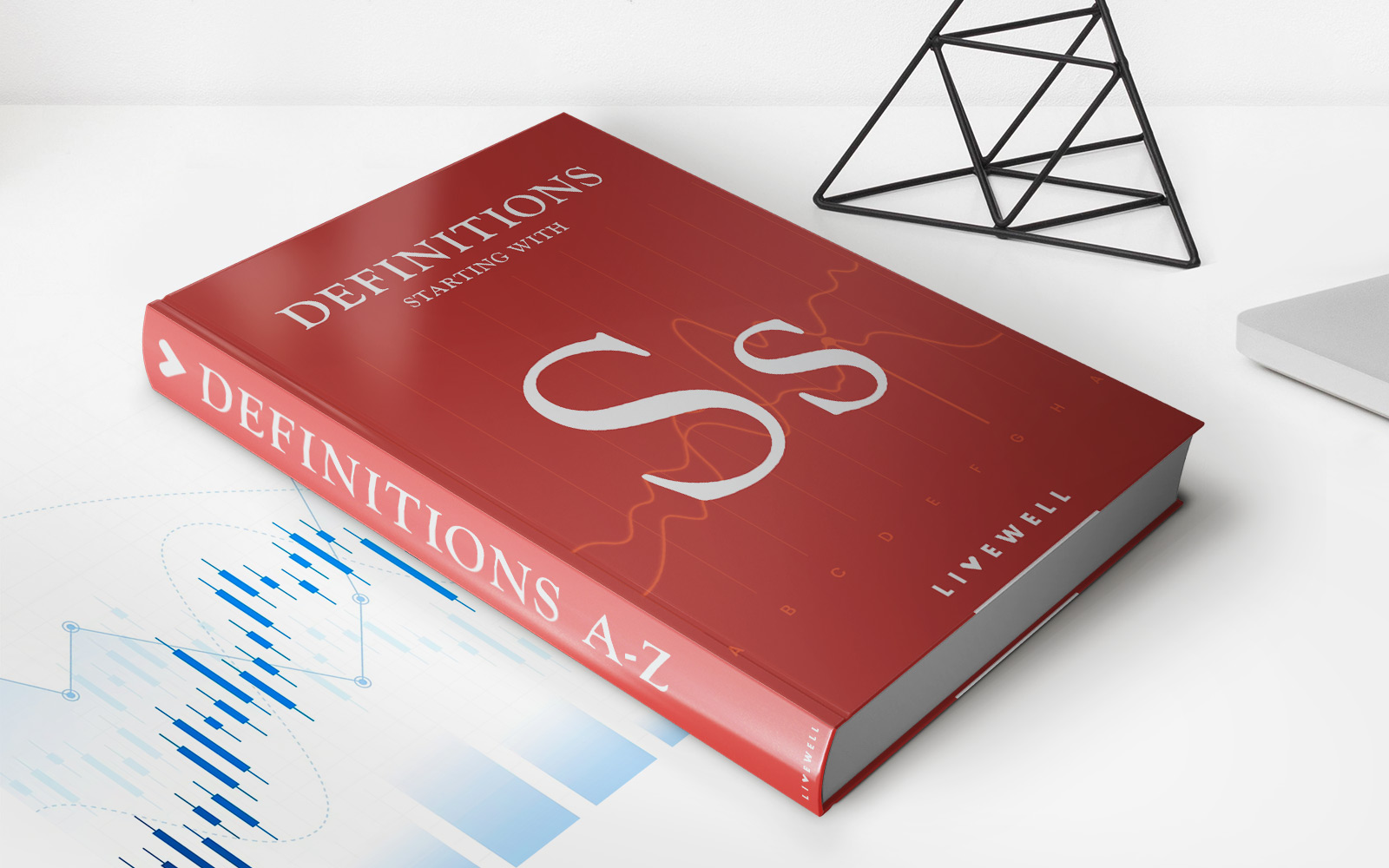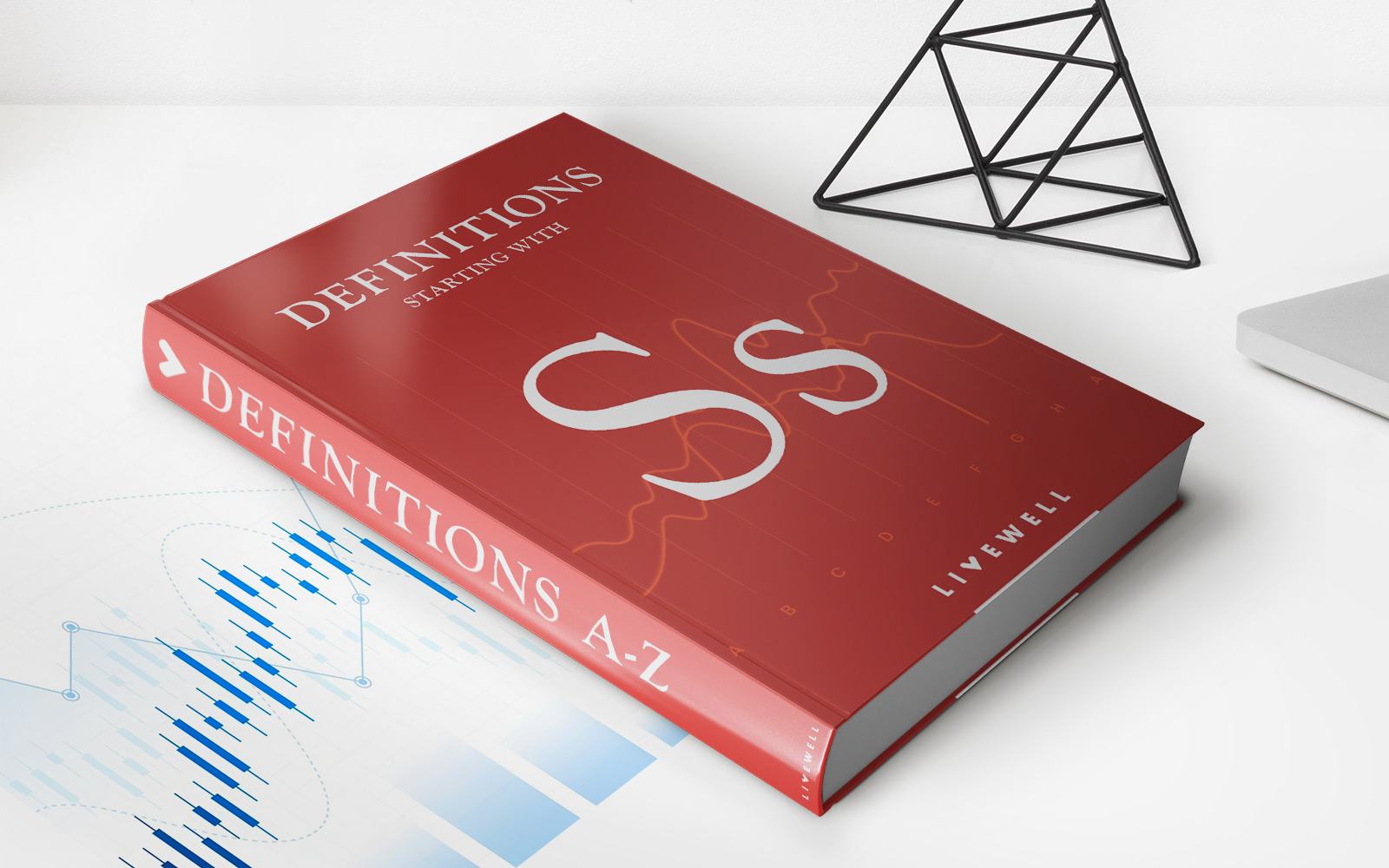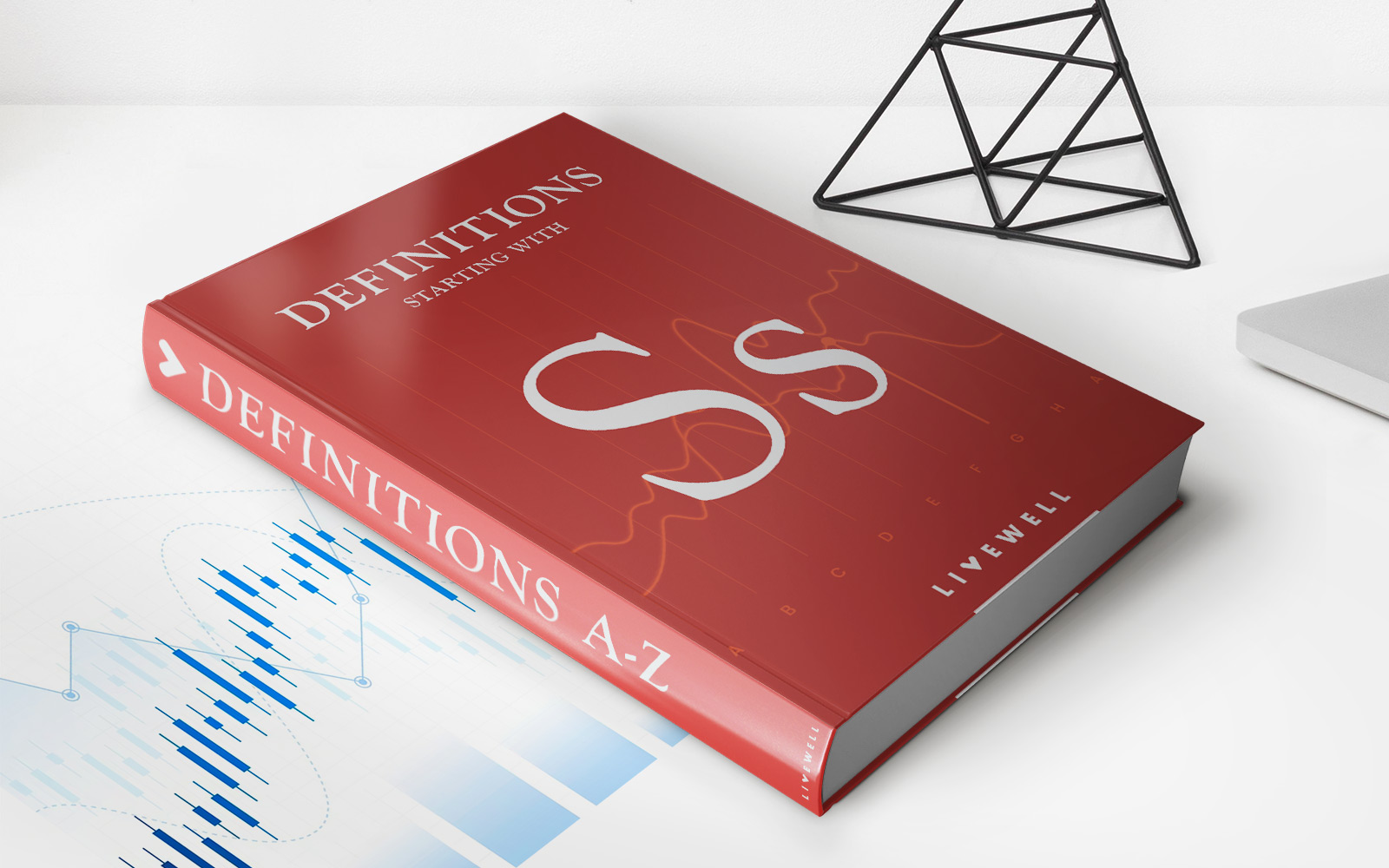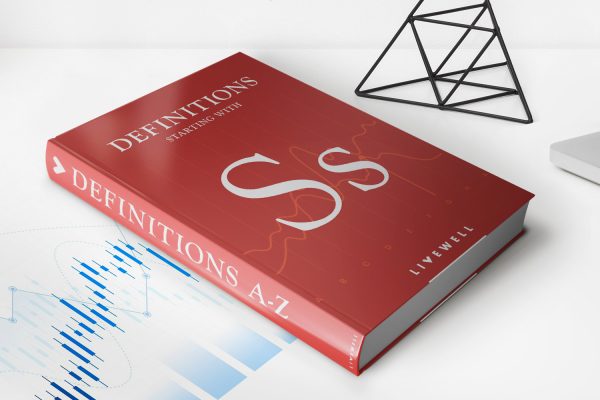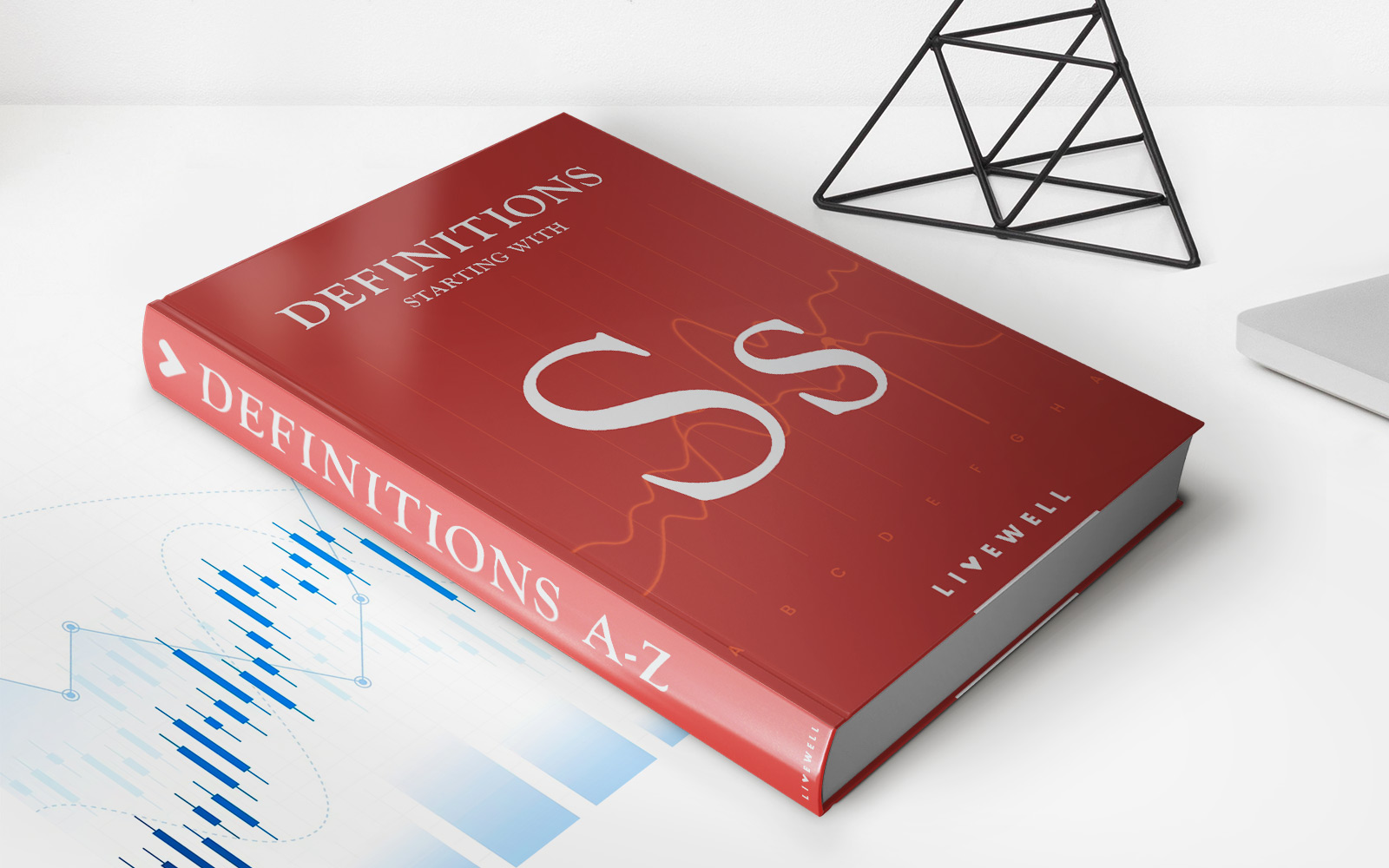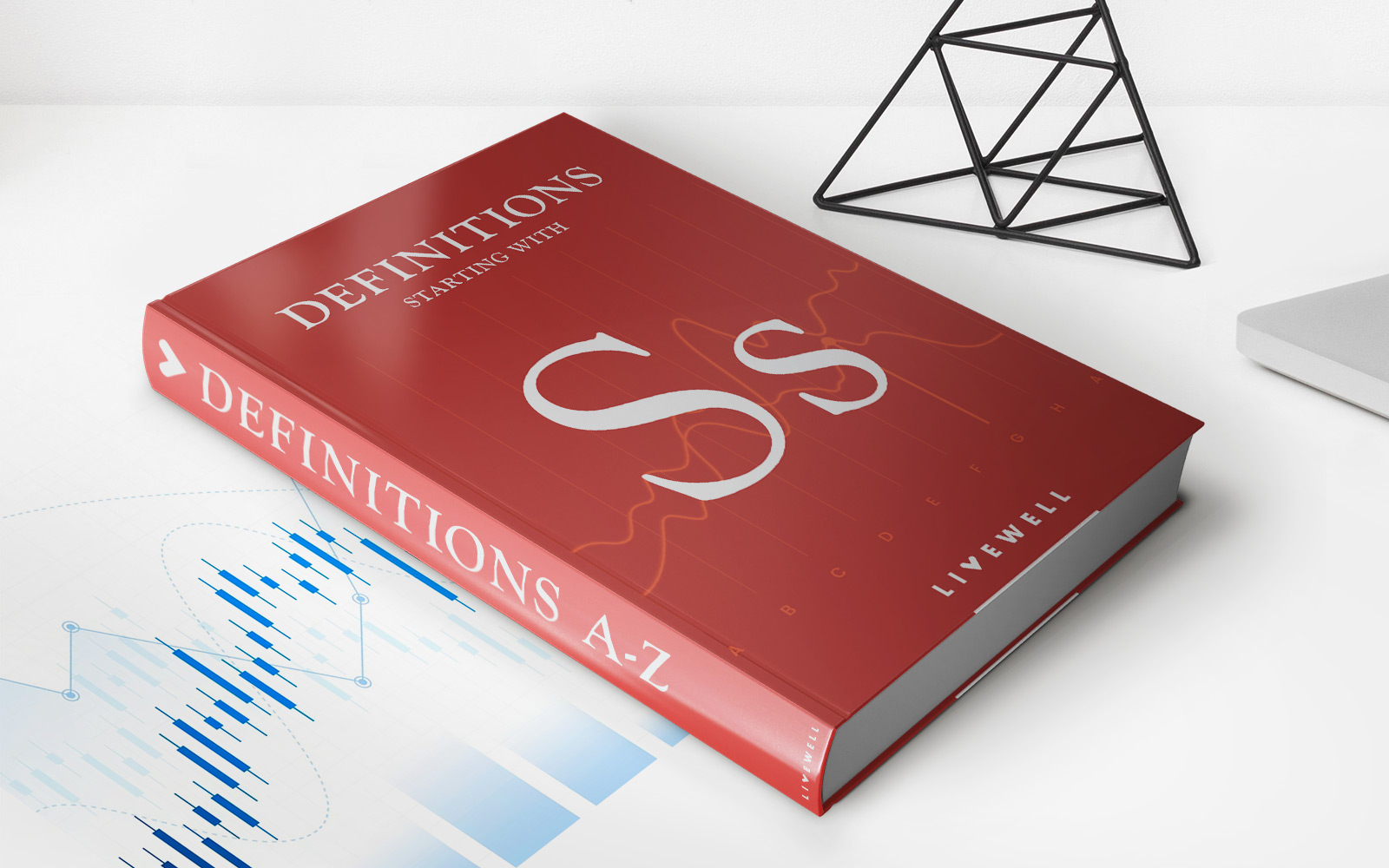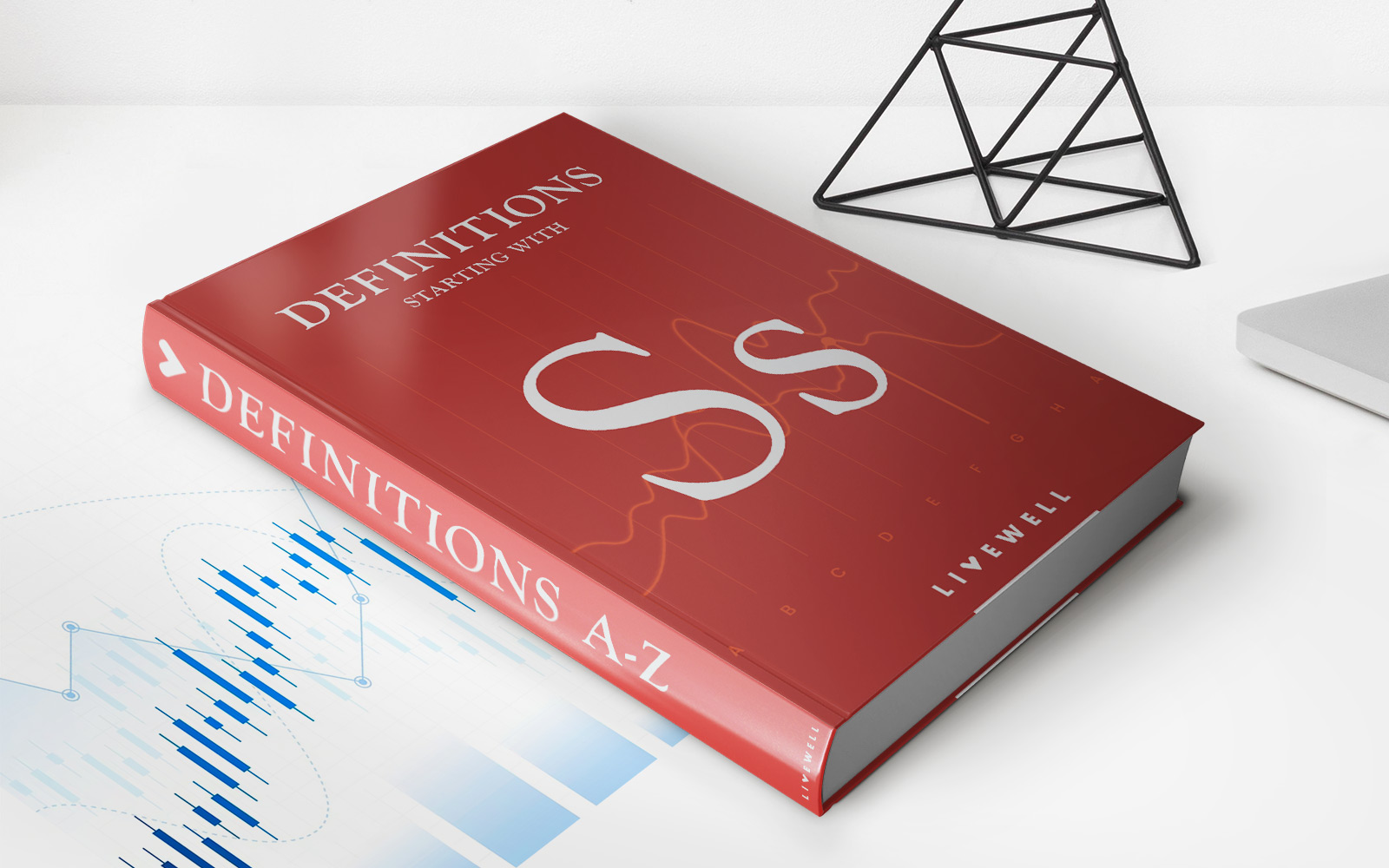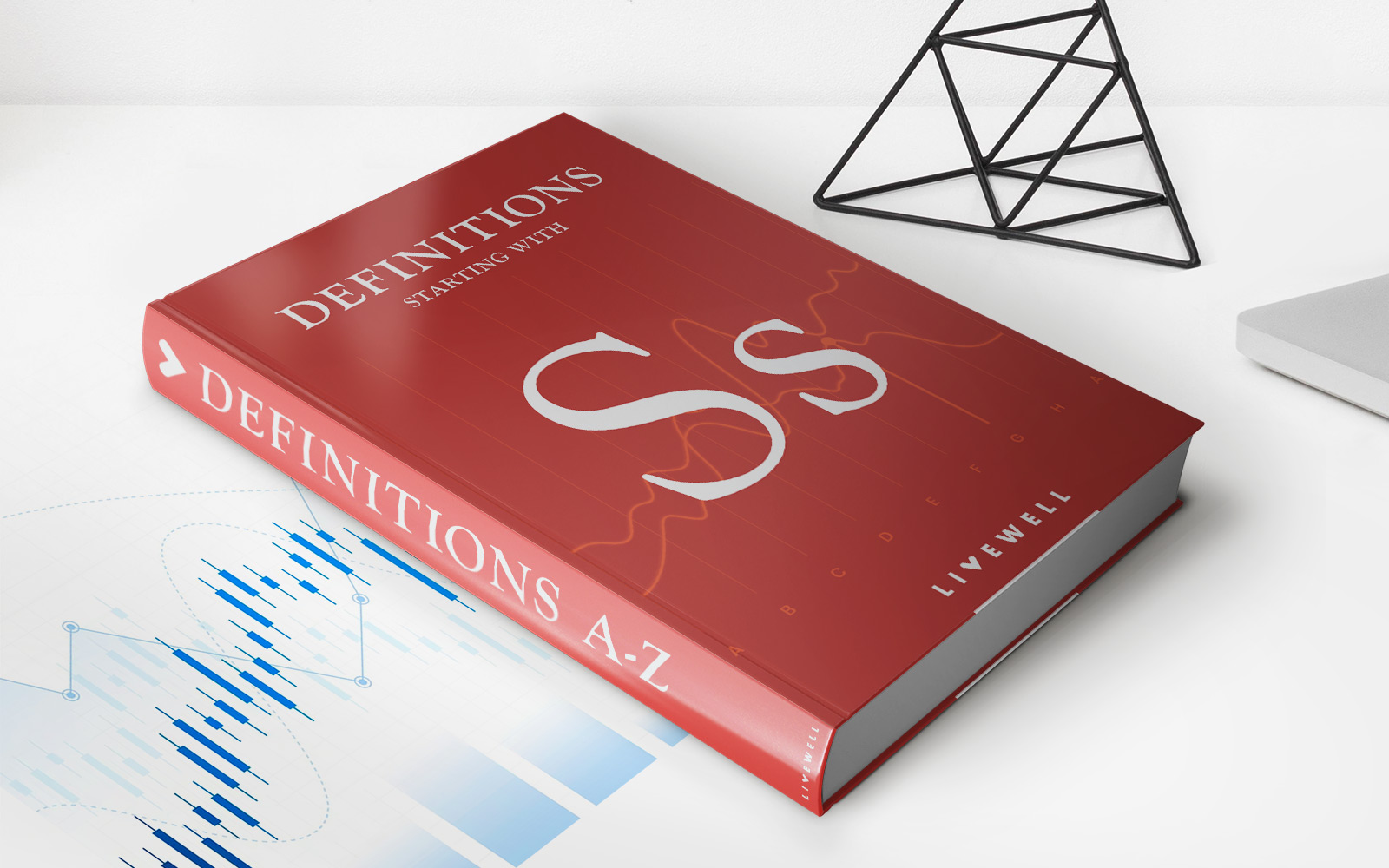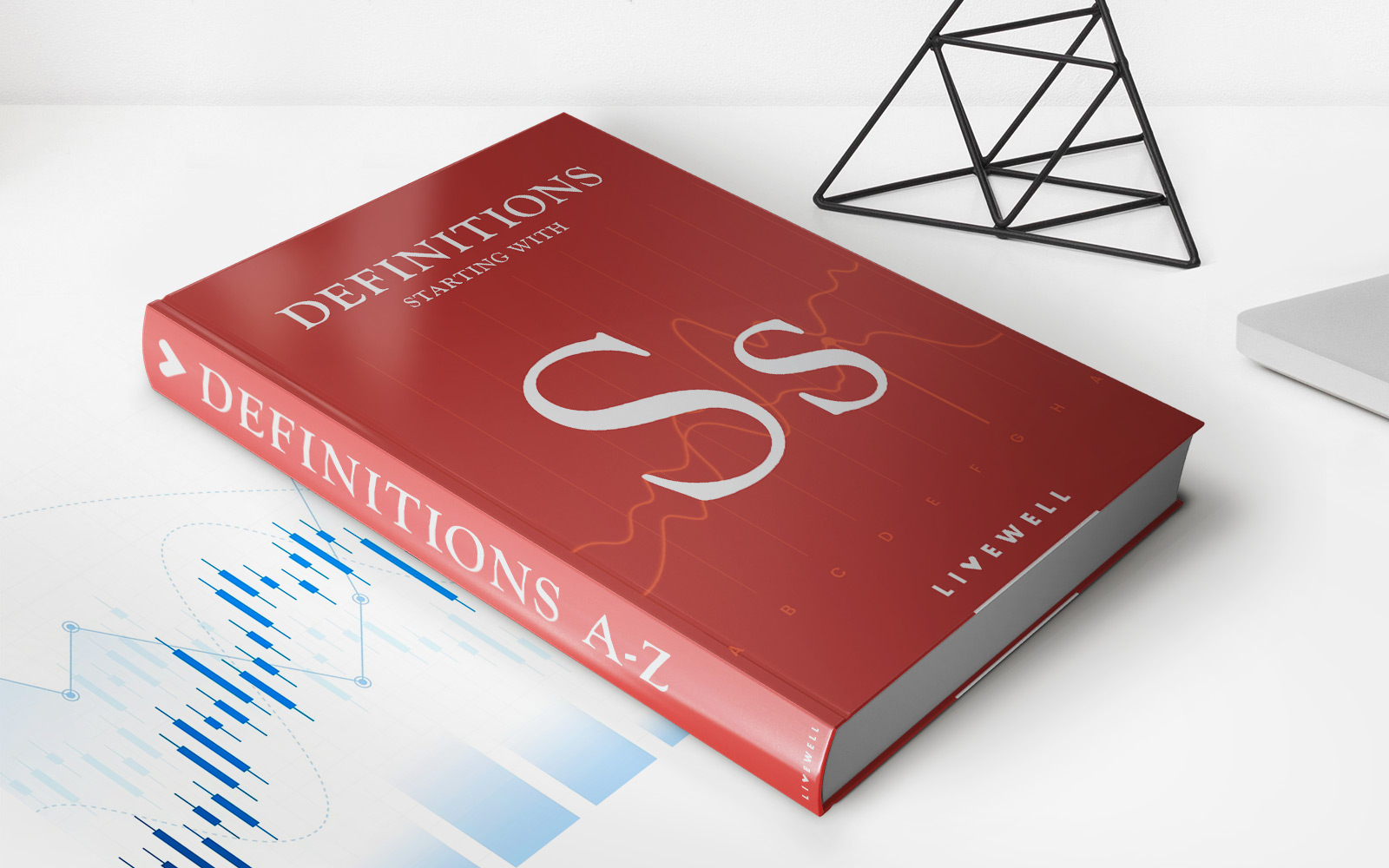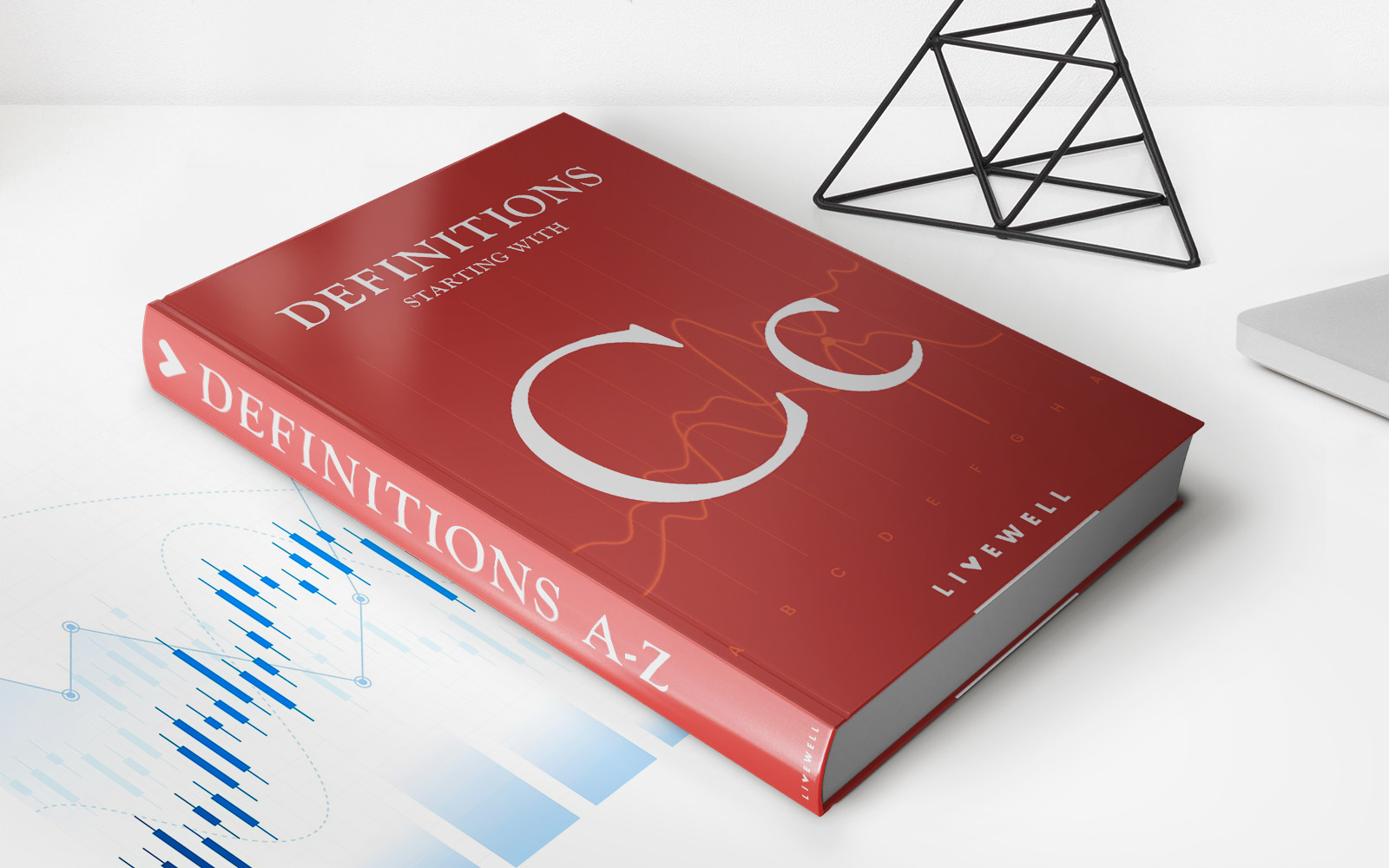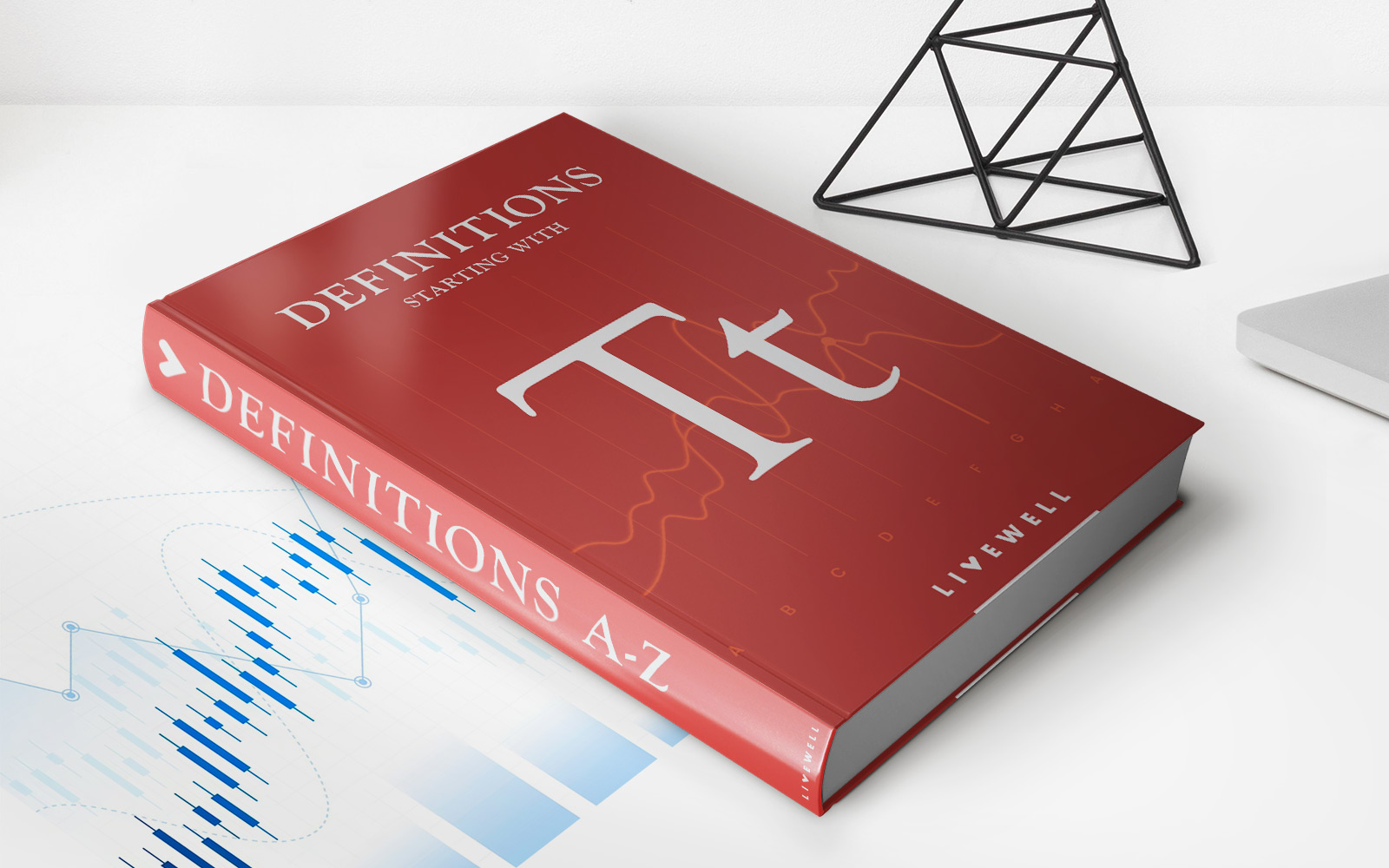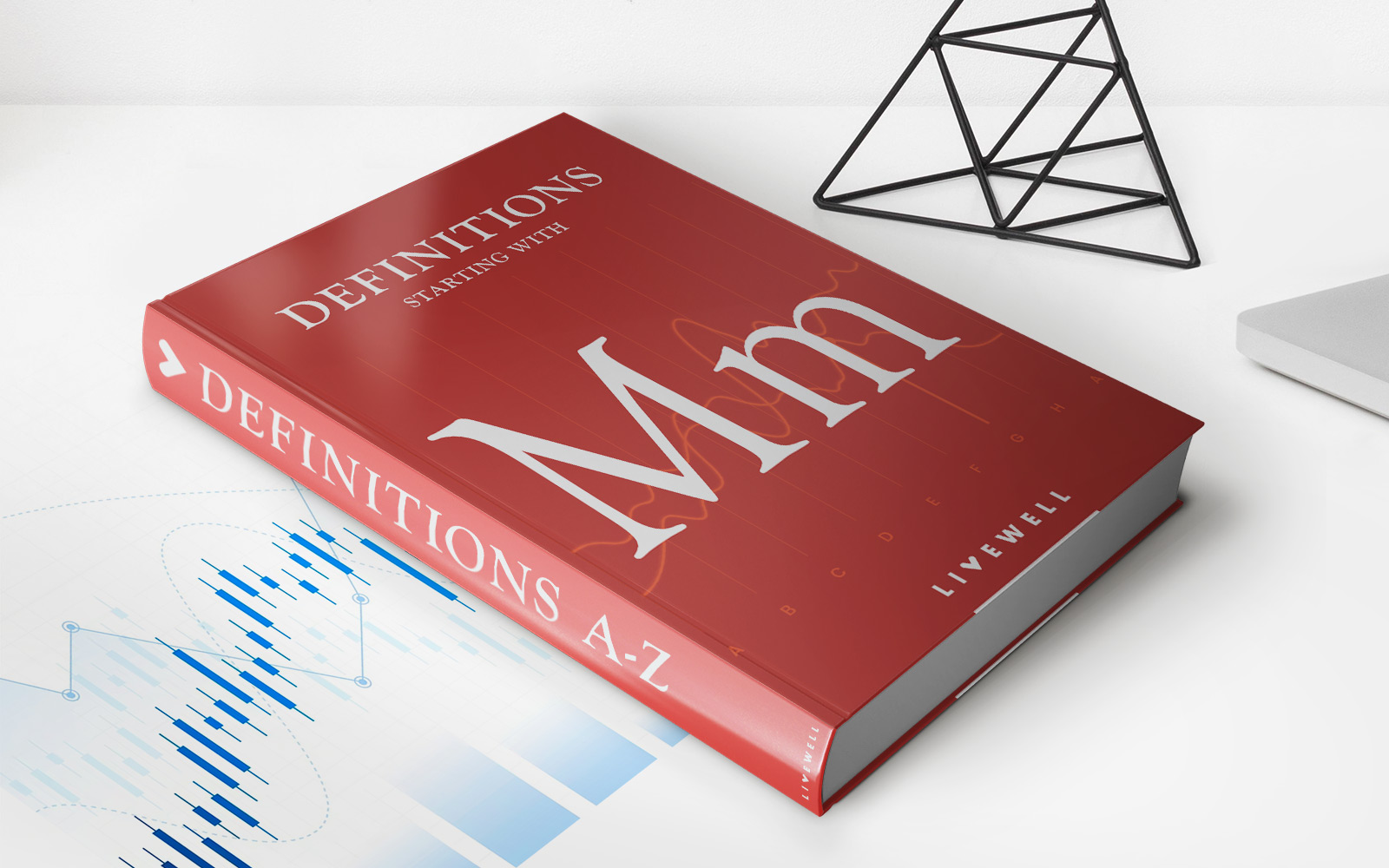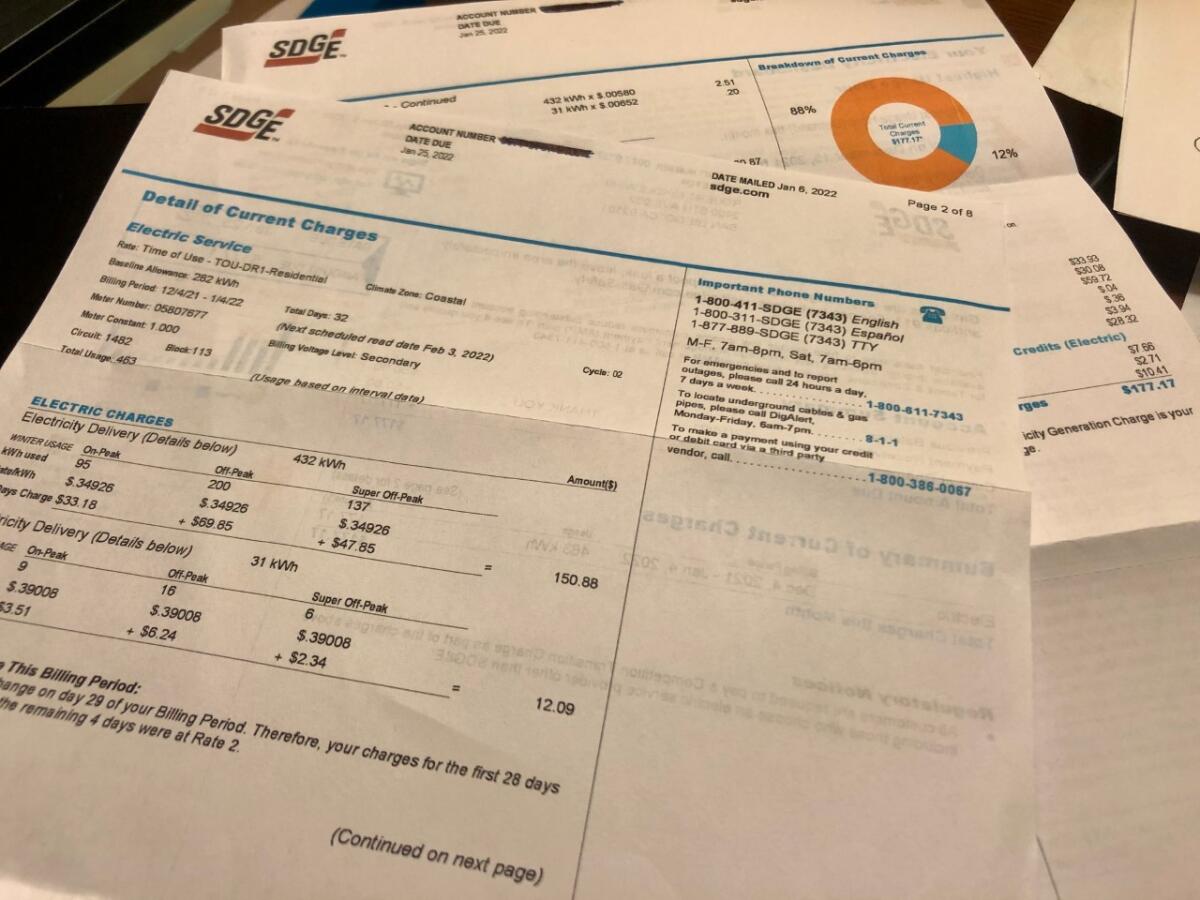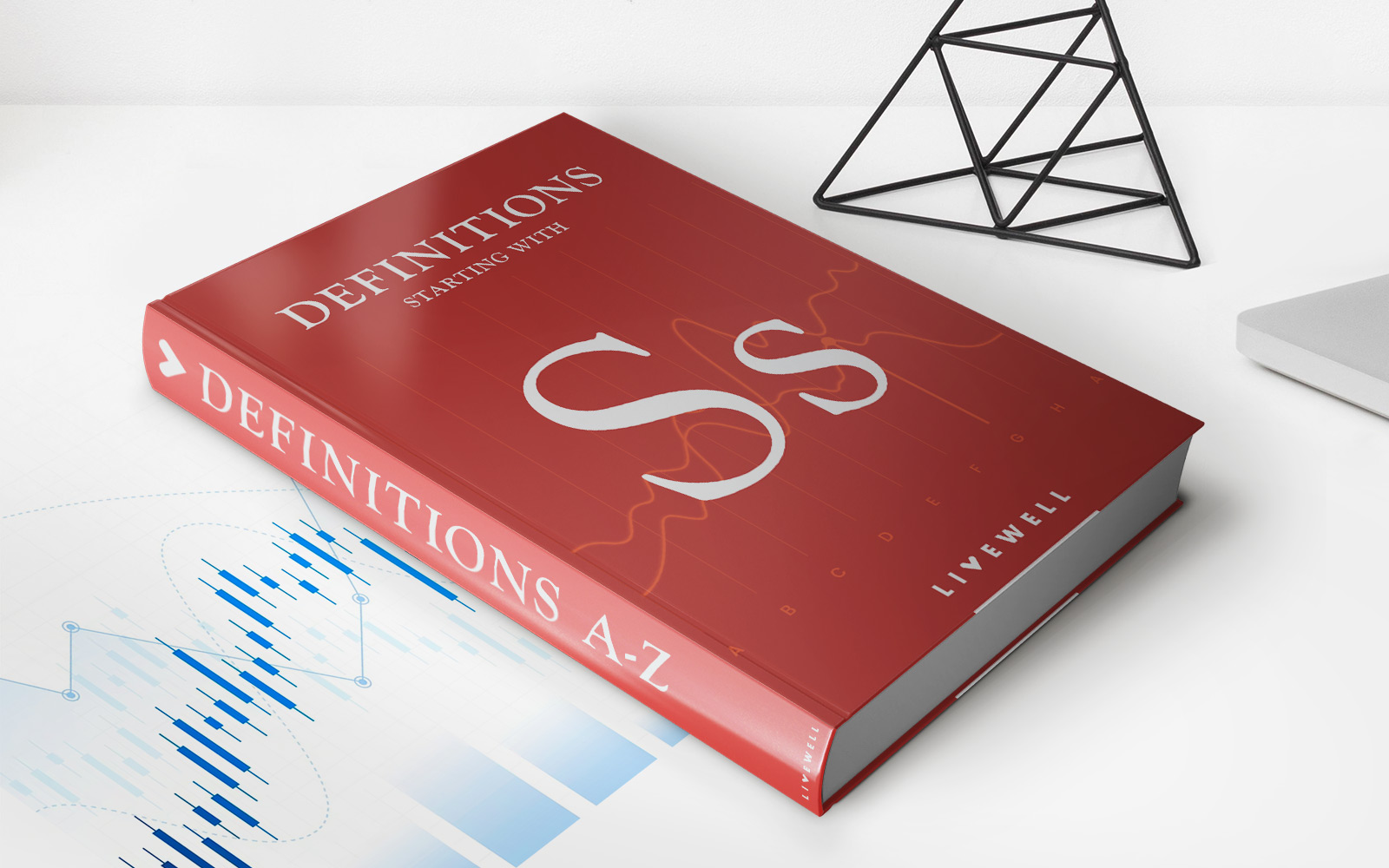

Finance
SEC Form N-17D-1 Definition
Published: January 25, 2024
Discover the SEC Form N-17D-1 definition and gain valuable insights into finance. Stay informed with all the essential details you need.
(Many of the links in this article redirect to a specific reviewed product. Your purchase of these products through affiliate links helps to generate commission for LiveWell, at no extra cost. Learn more)
Demystifying SEC Form N-17D-1: A Comprehensive Guide
Welcome to our Finance category! In this blog post, we will dive deep into the world of the Securities and Exchange Commission (SEC) and explore a crucial form known as SEC Form N-17D-1. If you’ve ever wondered what this form is and its significance in the financial industry, you’re in the right place. Let’s demystify SEC Form N-17D-1 together and understand its definition, purpose, and key implications.
Key Takeaways:
- SEC Form N-17D-1 is a filing required by the SEC for registered investment companies that purchase or sell securities from affiliates.
- This form helps monitor potential conflicts of interest that may arise when mutual funds and other investment entities transact with affiliates or insider groups.
When it comes to investment funds, transparency and accountability are of utmost importance. The SEC has implemented numerous regulations to ensure investor protection and maintain the integrity of the financial markets. One such regulation is the filing of SEC Form N-17D-1.
SEC Form N-17D-1 is a document created under the Investment Company Act of 1940. Its primary purpose is to monitor potential conflicts of interest that could arise when registered investment companies deal with affiliates or insider groups. By requiring this filing, the SEC aims to ensure that investment companies act in the best interests of their clients and disclose any potential conflicts or transactions that could impact investment decisions.
Now, you might be wondering, “What exactly does this form entail?” Well, SEC Form N-17D-1 requires the registered investment company to disclose any purchase, sale, or other transactions they have conducted with affiliates or insider groups. These transactions could include securities purchases, borrowings, loans, or even the sharing of office space or personnel.
Moreover, the filing of SEC Form N-17D-1 helps bring transparency to the relationship between investment companies and their affiliates. By disclosing these transactions, investors can evaluate any potential conflicts of interest that might exist and make informed decisions accordingly.
When considering SEC Form N-17D-1 filings, it’s essential to understand that not all transactions with affiliates need to be reported. Only those transactions exceeding certain thresholds, as defined by the SEC, must be disclosed. This helps strike a balance between transparency and administrative burden, ensuring that significant transactions receive the necessary scrutiny.
By requiring registered investment companies to file SEC Form N-17D-1, the SEC maintains oversight over transactions between investment entities and their affiliates. This enforcement helps protect investors from potential abusive practices and ensures that investment decisions are made with the utmost transparency and integrity.
In Summary
SEC Form N-17D-1 is an integral part of the regulatory framework that governs investment companies and their transactions with affiliates. By demystifying this crucial form, we hope you now have a better understanding of its definition, purpose, and implications.
Key Takeaways:
- SEC Form N-17D-1 is a filing required by the SEC for registered investment companies that purchase or sell securities from affiliates.
- This form helps monitor potential conflicts of interest that may arise when mutual funds and other investment entities transact with affiliates or insider groups.
In conclusion, SEC Form N-17D-1 enhances transparency and accountability within the financial industry. It ensures that investment companies act in the best interests of their clients and maintains the integrity of the markets. By disclosing transactions with affiliates, potential conflicts of interest are exposed, enabling investors to make informed decisions about their investments.
Thank you for joining us on this journey to demystify SEC Form N-17D-1. We hope this comprehensive guide has provided you with valuable insights into the world of investment regulation and how it safeguards investors.
